- Home
- Packaging Products
- Liquid Dispenser Bottle Market Size, Future Growth and Forecast 2033
Liquid Dispenser Bottle Market Size, Future Growth and Forecast 2033
Liquid Dispenser Bottle Market Segments - by Material (Plastic, Glass, Metal), Application (Personal Care, Household, Industrial, Healthcare), Capacity (Up to 100 ml, 101-500 ml, Above 500 ml), End-User (Retail, Commercial, Industrial), and Region (Asia Pacific, North America, Latin America, Europe, and Middle East & Africa) - Market Dynamics, Growth Opportunities, Strategic Drivers, and PESTLE Outlook (2025–2033)
Liquid Dispenser Bottle Market Outlook
The liquid dispenser bottle market was valued at $3.5 billion in 2024 and is projected to reach $5.8 billion by 2033, growing at a CAGR of 5.2% during the forecast period 2025-2033. This market is experiencing significant growth due to increasing demand for convenient and hygienic packaging solutions across various sectors such as personal care, healthcare, and household products. The rise in consumer awareness regarding hygiene and the need for easy-to-use packaging solutions are key drivers propelling the market forward. Additionally, the growing trend of sustainable and eco-friendly packaging is encouraging manufacturers to innovate and offer recyclable and biodegradable dispenser bottles, further boosting market growth.
However, the market faces challenges such as fluctuating raw material prices and stringent regulations regarding plastic usage, which could hinder growth. Despite these challenges, the market holds substantial growth potential due to the increasing adoption of liquid dispenser bottles in emerging economies and the continuous advancements in packaging technologies. The shift towards e-commerce and online retailing is also expected to create new opportunities for market players, as these platforms require efficient and secure packaging solutions to ensure product safety during transit.
Report Scope
| Attributes | Details |
| Report Title | Liquid Dispenser Bottle Market Size, Future Growth and Forecast 2033 |
| Base Year | 2024 |
| Historic Data | 2017-2023 |
| Forecast Period | 2025-2033 |
| Number of Pages | 199 |
| Material | Plastic, Glass, Metal |
| Application | Personal Care, Household, Industrial, Healthcare |
| Capacity | Up to 100 ml, 101-500 ml, Above 500 ml |
| End-User | Retail, Commercial, Industrial |
| Customization Available | Yes* |
Key Highlights Liquid Dispenser Bottle Market

- Increasing demand for sustainable and eco-friendly packaging solutions.
- Rising consumer awareness about hygiene and convenience in packaging.
- Growth in e-commerce and online retailing driving demand for secure packaging.
- Advancements in packaging technologies enhancing product offerings.
- Expansion of personal care and healthcare sectors boosting market growth.
- Fluctuating raw material prices posing challenges to market players.
- Stringent regulations on plastic usage impacting market dynamics.
- Emerging economies presenting new growth opportunities.
- Innovations in biodegradable and recyclable dispenser bottles gaining traction.
- Increased focus on product differentiation and branding through packaging.
Competitive Intelligence
The liquid dispenser bottle market is highly competitive, with key players focusing on innovation, sustainability, and expanding their geographic reach. Companies like Amcor plc, Berry Global Inc., Gerresheimer AG, Silgan Holdings Inc., and Alpla Werke Alwin Lehner GmbH & Co KG are leading the market with significant market shares. These companies are investing heavily in research and development to introduce new and improved products that cater to the evolving needs of consumers. For instance, Amcor plc is known for its innovative packaging solutions that emphasize sustainability and recyclability, giving it a competitive edge in the market.
Berry Global Inc. has a strong presence in North America and Europe, focusing on expanding its product portfolio through strategic acquisitions and partnerships. Gerresheimer AG, with its extensive experience in the healthcare sector, offers specialized dispenser bottles that meet stringent regulatory standards, making it a preferred choice among healthcare providers. Silgan Holdings Inc. and Alpla Werke Alwin Lehner GmbH & Co KG are also expanding their operations in emerging markets to capitalize on the growing demand for liquid dispenser bottles. These companies are differentiating themselves through product innovation, customer-centric approaches, and strategic collaborations, which are crucial for maintaining their competitive positions in the market.
Regional Market Intelligence of Liquid Dispenser Bottle
In North America, the liquid dispenser bottle market is valued at approximately $1.2 billion and is expected to grow steadily due to the high demand for personal care and healthcare products. The region's focus on sustainability and eco-friendly packaging solutions is driving innovation and adoption of recyclable materials. Europe, with a market size of $1 billion, is witnessing growth driven by stringent regulations on plastic usage and a strong emphasis on sustainability. The Asia-Pacific region, valued at $1.5 billion, is the fastest-growing market, with a CAGR of 15%, fueled by the expanding middle-class population and increasing consumer spending on personal care products.
Latin America and the Middle East & Africa are also experiencing growth, albeit at a slower pace. In Latin America, the market is valued at $500 million, with growth driven by the rising demand for household and personal care products. The Middle East & Africa, with a market size of $300 million, is seeing growth due to increasing urbanization and the adoption of modern retail formats. Each region presents unique opportunities and challenges, with varying consumer preferences and regulatory landscapes influencing market dynamics.
Top Countries Insights in Liquid Dispenser Bottle
The United States, with a market size of $1 billion and a CAGR of 5%, is a leading market for liquid dispenser bottles, driven by high consumer demand for personal care and healthcare products. China, with a market size of $800 million and a CAGR of 10%, is experiencing rapid growth due to increasing consumer spending and the expansion of the e-commerce sector. Germany, valued at $600 million with a CAGR of 4%, is focusing on Sustainable Packaging solutions to comply with stringent environmental regulations.
India, with a market size of $400 million and a CAGR of 12%, is witnessing growth due to the rising middle-class population and increasing awareness about hygiene and convenience. Brazil, valued at $300 million with a CAGR of 6%, is seeing growth driven by the demand for household and personal care products. Each of these countries presents unique growth drivers and challenges, with varying consumer preferences and regulatory landscapes influencing market dynamics.
Liquid Dispenser Bottle Market Segments Insights

Material Analysis
The material segment of the liquid dispenser bottle market is primarily divided into plastic, glass, and metal. Plastic remains the most popular choice due to its lightweight, cost-effectiveness, and versatility. However, the increasing environmental concerns and regulatory pressures are pushing manufacturers to explore sustainable alternatives. Glass dispenser bottles are gaining traction in premium product segments, offering a more luxurious and eco-friendly option. Metal, though less common, is used in specific industrial applications where durability and resistance to chemicals are crucial.
Manufacturers are focusing on developing biodegradable and recyclable plastic materials to address environmental concerns and meet consumer demand for sustainable packaging. The shift towards eco-friendly materials is expected to drive innovation and create new opportunities for market players. Additionally, the growing trend of premiumization in personal care and cosmetic products is boosting the demand for glass dispenser bottles, which offer a high-end appeal and align with the sustainability goals of many brands.
Application Analysis
The application segment includes personal care, household, industrial, and healthcare. Personal care is the largest application segment, driven by the increasing demand for skincare, haircare, and cosmetic products. The convenience and hygiene offered by liquid dispenser bottles make them a preferred choice for consumers. The household segment is also witnessing growth, with rising demand for cleaning and sanitizing products in the wake of the COVID-19 pandemic.
In the industrial sector, liquid dispenser bottles are used for dispensing lubricants, chemicals, and other industrial fluids. The healthcare segment is experiencing growth due to the increasing use of dispenser bottles for hand sanitizers, disinfectants, and other medical solutions. The versatility and convenience of liquid dispenser bottles make them suitable for a wide range of applications, driving their adoption across various sectors.
Capacity Analysis
The capacity segment is categorized into up to 100 ml, 101-500 ml, and above 500 ml. The 101-500 ml segment holds the largest market share, catering to the needs of personal care and household products. This capacity range offers a balance between convenience and cost-effectiveness, making it a popular choice among consumers. The up to 100 ml segment is gaining popularity in travel-sized and sample products, driven by the increasing demand for on-the-go convenience.
The above 500 ml segment is primarily used in industrial and household applications where larger quantities are required. Manufacturers are focusing on offering a wide range of capacities to cater to diverse consumer needs and preferences. The growing trend of customization and personalization in packaging is also driving demand for different capacity options, allowing brands to differentiate their products and enhance consumer engagement.
End-User Analysis
The end-user segment includes retail, commercial, and industrial sectors. The retail sector is the largest end-user, driven by the increasing demand for personal care, household, and healthcare products. The convenience and hygiene offered by liquid dispenser bottles make them a preferred choice for consumers in the retail sector. The commercial sector, including hospitality and food service, is also witnessing growth, with rising demand for sanitizing and cleaning solutions.
In the industrial sector, liquid dispenser bottles are used for dispensing lubricants, chemicals, and other industrial fluids. The versatility and convenience of liquid dispenser bottles make them suitable for a wide range of applications, driving their adoption across various sectors. Manufacturers are focusing on offering innovative and customized solutions to meet the specific needs of different end-users, enhancing their competitive positioning in the market.
The liquid dispenser bottle market is characterized by a diverse range of players, with key companies holding significant market shares. Amcor plc, Berry Global Inc., and Gerresheimer AG are among the leading players, leveraging their extensive product portfolios and strong distribution networks to maintain their market positions. These companies are focusing on innovation and sustainability to differentiate themselves from competitors and capture a larger share of the market.
Smaller players are also gaining ground by offering niche and customized solutions that cater to specific consumer needs. The market share distribution is influenced by factors such as pricing strategies, product innovation, and strategic partnerships. Companies that can effectively balance these factors are likely to gain a competitive edge and increase their market share. The growing emphasis on sustainability and eco-friendly packaging is also driving companies to invest in research and development to offer innovative solutions that meet consumer demand and regulatory requirements.
Liquid Dispenser Bottle Market Segments
The Liquid Dispenser Bottle market has been segmented on the basis of
Material
- Plastic
- Glass
- Metal
Application
- Personal Care
- Household
- Industrial
- Healthcare
Capacity
- Up to 100 ml
- 101-500 ml
- Above 500 ml
End-User
- Retail
- Commercial
- Industrial
Primary Interview Insights
What are the key drivers for the liquid dispenser bottle market?
What challenges does the liquid dispenser bottle market face?
How is the market expected to grow in emerging economies?
What role does e-commerce play in the market?
How are companies addressing sustainability in packaging?
Latest Reports

The fiber drums market was valued at $1.2 billion in 2024 and is projected to reach $2.1 billion by 2033, growing at a CAGR of 6.5% during the forecast period 2025–2033.
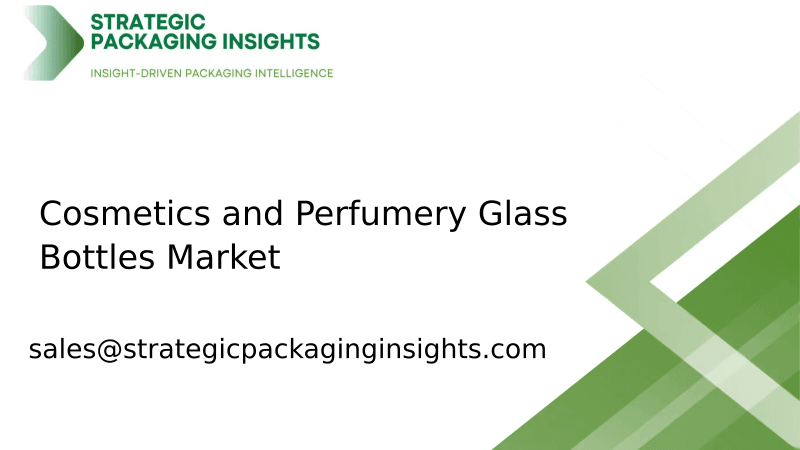
The cosmetics and perfumery glass bottles market was valued at $1.5 billion in 2024 and is projected to reach $2.3 billion by 2033, growing at a CAGR of 4.8% during the forecast period 2025–2033.

The medical devices packaging market was valued at $25 billion in 2024 and is projected to reach $40 billion by 2033, growing at a CAGR of 5.5% during the forecast period 2025–2033.
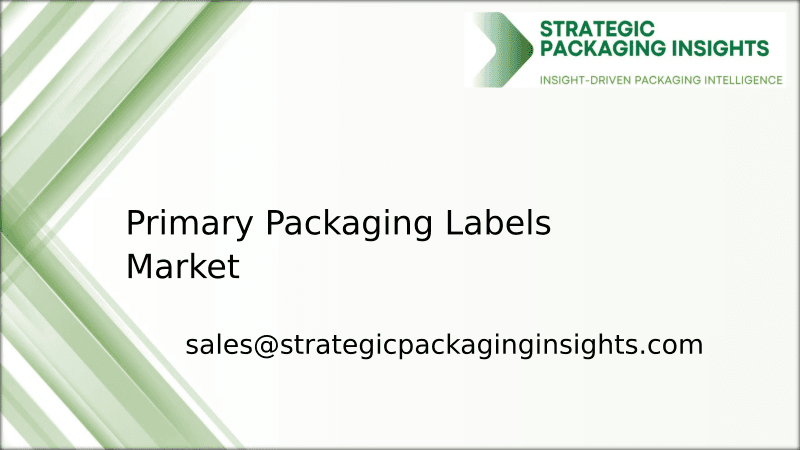
The primary packaging labels market was valued at $35 billion in 2024 and is projected to reach $55 billion by 2033, growing at a CAGR of 5.2% during the forecast period 2025–2033.

The corrugated board packaging market was valued at $250 billion in 2024 and is projected to reach $380 billion by 2033, growing at a CAGR of 4.5% during the forecast period 2025–2033.
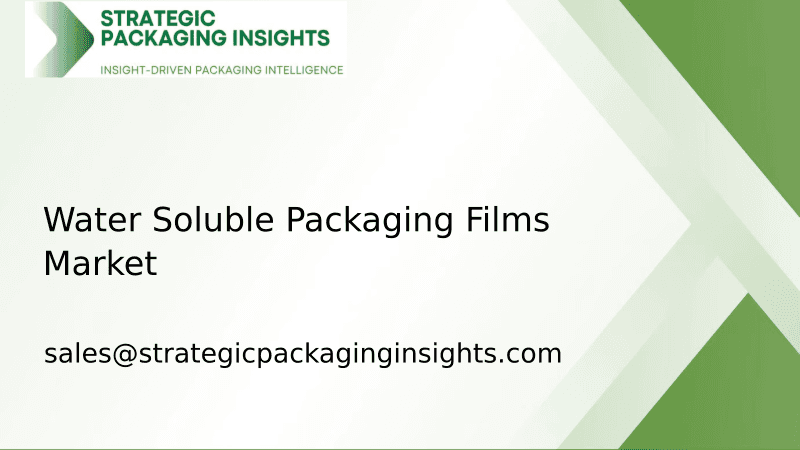
The Water Soluble Packaging Films market was valued at $2.8 billion in 2024 and is projected to reach $5.6 billion by 2033, growing at a CAGR of 8.1% during the forecast period 2025–2033.

The Aluminium Foil Packaging market was valued at $25 billion in 2024 and is projected to reach $40 billion by 2033, growing at a CAGR of 5.5% during the forecast period 2025–2033.

The self-heating food packaging market was valued at $4.5 billion in 2024 and is projected to reach $7.8 billion by 2033, growing at a CAGR of 6.2% during the forecast period 2025–2033.

The Smart Container market was valued at $2.5 billion in 2024 and is projected to reach $8.7 billion by 2033, growing at a CAGR of 14.5% during the forecast period 2025–2033.

The Automatic Labeling Machine market was valued at $2.5 billion in 2024 and is projected to reach $4.8 billion by 2033, growing at a CAGR of 7.2% during the forecast period 2025–2033.

The Hot Melt Glue Labeler market was valued at $1.2 billion in 2024 and is projected to reach $2.3 billion by 2033, growing at a CAGR of 6.5% during the forecast period 2025–2033.

The Ethical Label market was valued at $1.5 billion in 2024 and is projected to reach $3.2 billion by 2033, growing at a CAGR of 8.5% during the forecast period 2025–2033.

The Packaging Tensioner market was valued at $1.2 billion in 2024 and is projected to reach $2.3 billion by 2033, growing at a CAGR of 6.5% during the forecast period 2025–2033.
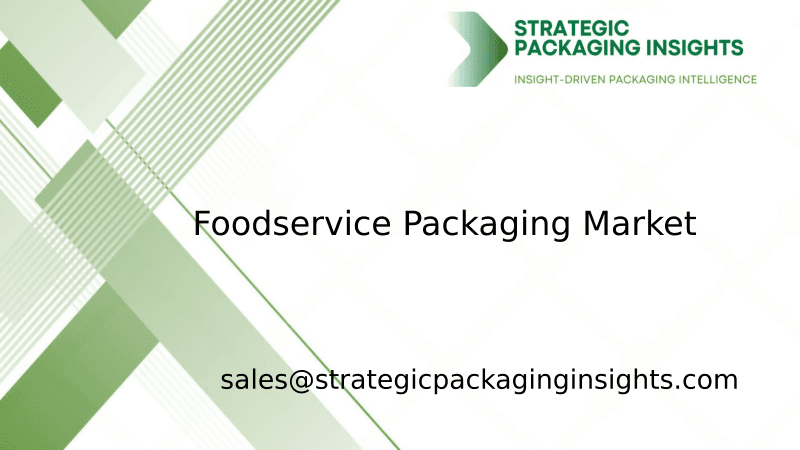
The foodservice packaging market was valued at $120 billion in 2024 and is projected to reach $180 billion by 2033, growing at a CAGR of 4.5% during the forecast period 2025–2033.

The nano-enabled packaging market was valued at $15.2 billion in 2024 and is projected to reach $35.6 billion by 2033, growing at a CAGR of 9.5% during the forecast period 2025–2033.
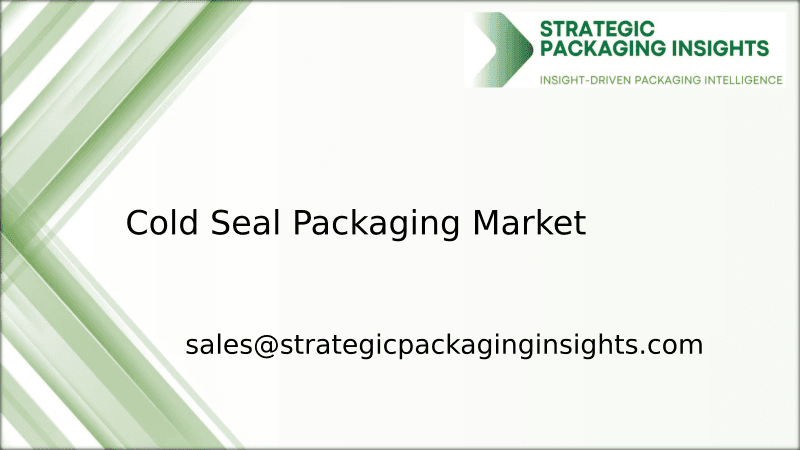
The Cold Seal Packaging market was valued at $1.5 billion in 2024 and is projected to reach $2.3 billion by 2033, growing at a CAGR of 4.8% during the forecast period 2025–2033.

The Transparent Barrier Packaging Films market was valued at $12.5 billion in 2024 and is projected to reach $20.3 billion by 2033, growing at a CAGR of 5.8% during the forecast period 2025–2033.

The Flatback Tape market was valued at $2.5 billion in 2024 and is projected to reach $4.1 billion by 2033, growing at a CAGR of 5.8% during the forecast period 2025–2033.
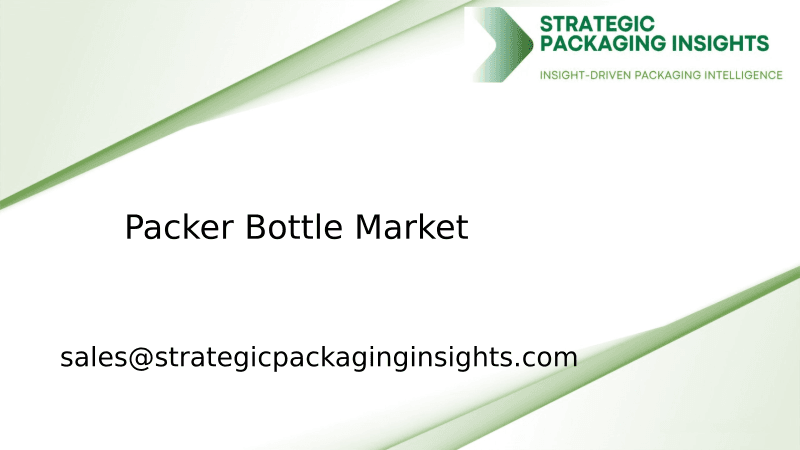
The packer bottle market was valued at $3.5 billion in 2024 and is projected to reach $5.8 billion by 2033, growing at a CAGR of 5.2% during the forecast period 2025–2033.
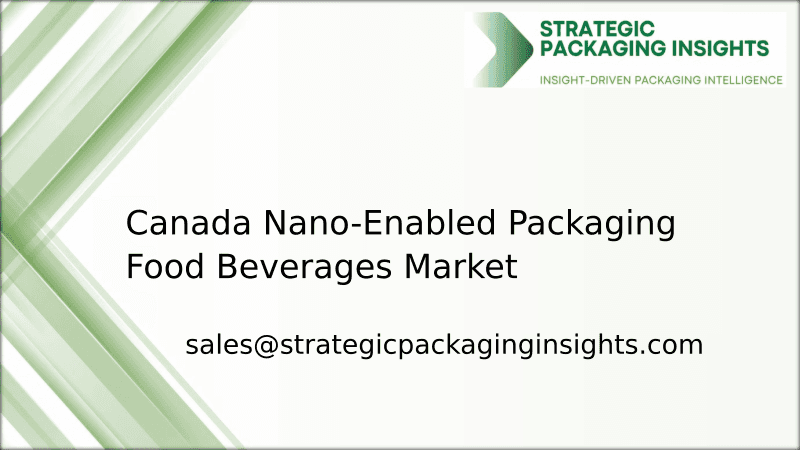
The Canada Nano-Enabled Packaging Food Beverages market was valued at $1.2 billion in 2024 and is projected to reach $3.5 billion by 2033, growing at a CAGR of 12.5% during the forecast period 2025–2033.
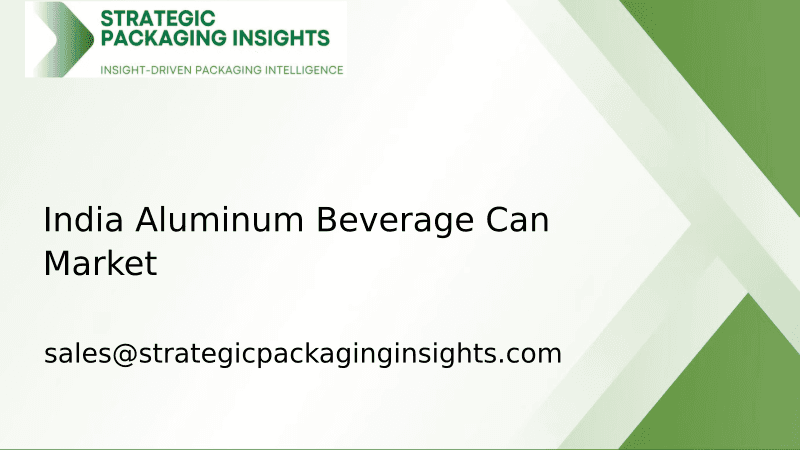
The India Aluminum Beverage Can market was valued at $1.2 billion in 2024 and is projected to reach $2.5 billion by 2033, growing at a CAGR of 8.5% during the forecast period 2025–2033.
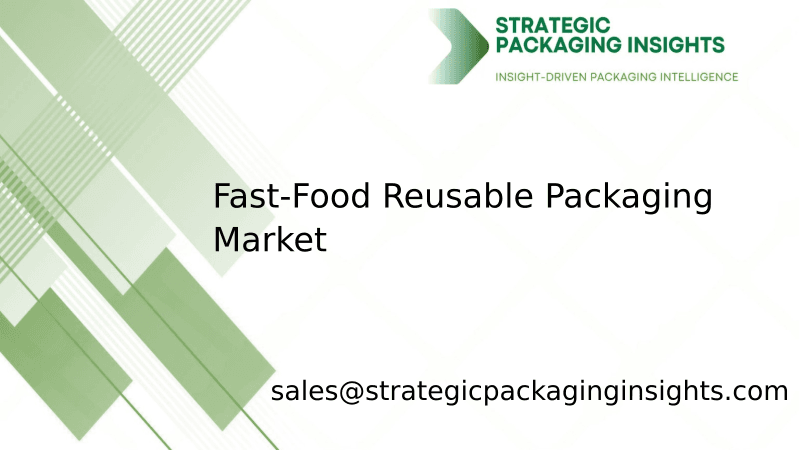
The fast-food reusable packaging market was valued at $1.2 billion in 2024 and is projected to reach $3.5 billion by 2033, growing at a CAGR of 12.5% during the forecast period 2025–2033.
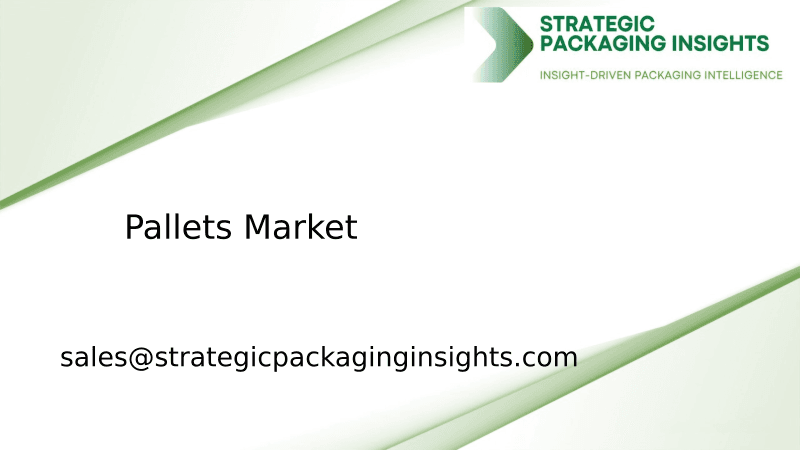
The pallets market was valued at $59.91 billion in 2024 and is projected to reach $88.69 billion by 2033, growing at a CAGR of 4.5% during the forecast period 2025–2033.

The lamination adhesives market was valued at $2.5 billion in 2024 and is projected to reach $4.1 billion by 2033, growing at a CAGR of 5.8% during the forecast period 2025–2033.

The garment packing machine market was valued at $1.2 billion in 2024 and is projected to reach $2.5 billion by 2033, growing at a CAGR of 8.5% during the forecast period 2025–2033.

The fiber drums market was valued at $1.2 billion in 2024 and is projected to reach $2.1 billion by 2033, growing at a CAGR of 6.5% during the forecast period 2025–2033.

The cosmetics and perfumery glass bottles market was valued at $1.5 billion in 2024 and is projected to reach $2.3 billion by 2033, growing at a CAGR of 4.8% during the forecast period 2025–2033.

The medical devices packaging market was valued at $25 billion in 2024 and is projected to reach $40 billion by 2033, growing at a CAGR of 5.5% during the forecast period 2025–2033.

The primary packaging labels market was valued at $35 billion in 2024 and is projected to reach $55 billion by 2033, growing at a CAGR of 5.2% during the forecast period 2025–2033.

The corrugated board packaging market was valued at $250 billion in 2024 and is projected to reach $380 billion by 2033, growing at a CAGR of 4.5% during the forecast period 2025–2033.

The Water Soluble Packaging Films market was valued at $2.8 billion in 2024 and is projected to reach $5.6 billion by 2033, growing at a CAGR of 8.1% during the forecast period 2025–2033.

The Aluminium Foil Packaging market was valued at $25 billion in 2024 and is projected to reach $40 billion by 2033, growing at a CAGR of 5.5% during the forecast period 2025–2033.

The self-heating food packaging market was valued at $4.5 billion in 2024 and is projected to reach $7.8 billion by 2033, growing at a CAGR of 6.2% during the forecast period 2025–2033.

The Smart Container market was valued at $2.5 billion in 2024 and is projected to reach $8.7 billion by 2033, growing at a CAGR of 14.5% during the forecast period 2025–2033.

The Automatic Labeling Machine market was valued at $2.5 billion in 2024 and is projected to reach $4.8 billion by 2033, growing at a CAGR of 7.2% during the forecast period 2025–2033.

The Hot Melt Glue Labeler market was valued at $1.2 billion in 2024 and is projected to reach $2.3 billion by 2033, growing at a CAGR of 6.5% during the forecast period 2025–2033.

The Ethical Label market was valued at $1.5 billion in 2024 and is projected to reach $3.2 billion by 2033, growing at a CAGR of 8.5% during the forecast period 2025–2033.

The Packaging Tensioner market was valued at $1.2 billion in 2024 and is projected to reach $2.3 billion by 2033, growing at a CAGR of 6.5% during the forecast period 2025–2033.

The foodservice packaging market was valued at $120 billion in 2024 and is projected to reach $180 billion by 2033, growing at a CAGR of 4.5% during the forecast period 2025–2033.

The nano-enabled packaging market was valued at $15.2 billion in 2024 and is projected to reach $35.6 billion by 2033, growing at a CAGR of 9.5% during the forecast period 2025–2033.

The Cold Seal Packaging market was valued at $1.5 billion in 2024 and is projected to reach $2.3 billion by 2033, growing at a CAGR of 4.8% during the forecast period 2025–2033.

The Transparent Barrier Packaging Films market was valued at $12.5 billion in 2024 and is projected to reach $20.3 billion by 2033, growing at a CAGR of 5.8% during the forecast period 2025–2033.

The Flatback Tape market was valued at $2.5 billion in 2024 and is projected to reach $4.1 billion by 2033, growing at a CAGR of 5.8% during the forecast period 2025–2033.

The packer bottle market was valued at $3.5 billion in 2024 and is projected to reach $5.8 billion by 2033, growing at a CAGR of 5.2% during the forecast period 2025–2033.

The Canada Nano-Enabled Packaging Food Beverages market was valued at $1.2 billion in 2024 and is projected to reach $3.5 billion by 2033, growing at a CAGR of 12.5% during the forecast period 2025–2033.

The India Aluminum Beverage Can market was valued at $1.2 billion in 2024 and is projected to reach $2.5 billion by 2033, growing at a CAGR of 8.5% during the forecast period 2025–2033.

The fast-food reusable packaging market was valued at $1.2 billion in 2024 and is projected to reach $3.5 billion by 2033, growing at a CAGR of 12.5% during the forecast period 2025–2033.

The pallets market was valued at $59.91 billion in 2024 and is projected to reach $88.69 billion by 2033, growing at a CAGR of 4.5% during the forecast period 2025–2033.

The lamination adhesives market was valued at $2.5 billion in 2024 and is projected to reach $4.1 billion by 2033, growing at a CAGR of 5.8% during the forecast period 2025–2033.

The garment packing machine market was valued at $1.2 billion in 2024 and is projected to reach $2.5 billion by 2033, growing at a CAGR of 8.5% during the forecast period 2025–2033.
